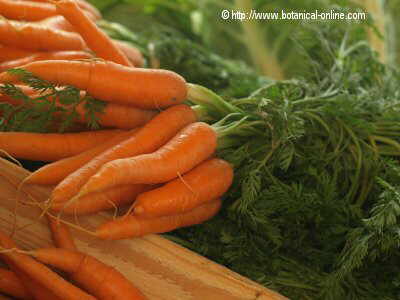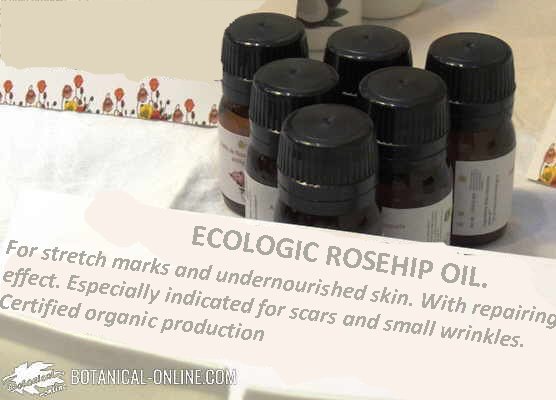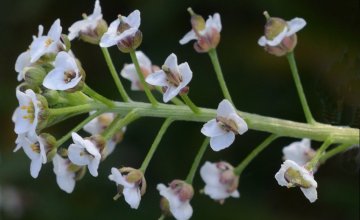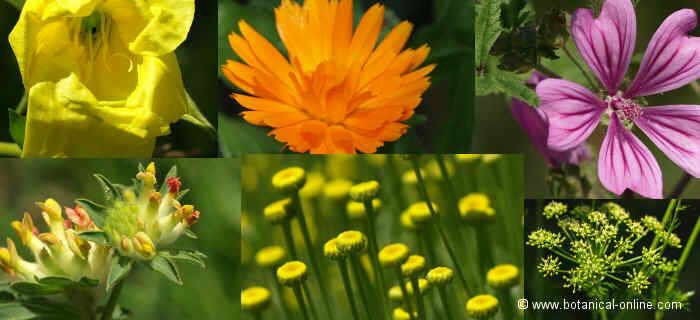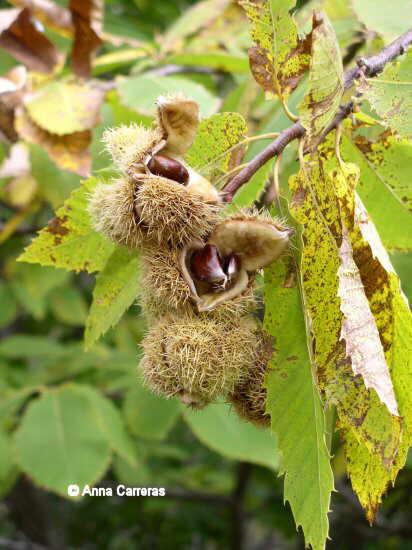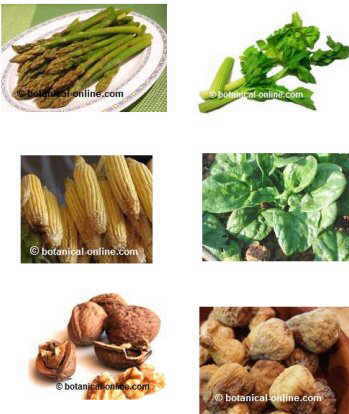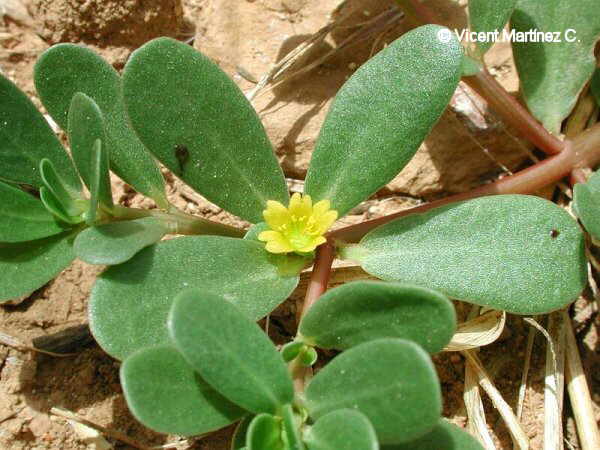Contents
When you should not take honeysuckle
What is honeysuckle and what is it used for?
Honeysuckle (Lonicera caprifolium) is a plant of the family Caprifoliaceae that is popularly known for the penetrating and pleasant aroma of its flowers, used in some cosmetic fragrances and aromatherapy.
As a folk remedy the leaves and flowers of the plant are used. These have diuretic, expectorant, antiseptic, hepatoprotective and anti-inflammatory properties.
Because of its properties, honeysuckle is used in the treatment of respiratory conditions, such as cough, asthma or bronchitis. Also in cases of fluid retention, kidney stones, jaundice and arthritis.
Applied externally, because of its richness in mucilage, it is used for skin conditions.
The flowers seem to have no toxic effects, although it is recommended to respect the dosage guidelines, as some authors disagree about their safety.
Is it safe to suck honesuckle?
The stem (which is sometimes sucked by its very sweet taste) and the leaves contain saponins and should be used in controlled doses
Can you eat honeysuckle fruits?
The fruits are purgative because they contain very toxic principles, and should not be consumed.
What contraindications does honeysuckle present?
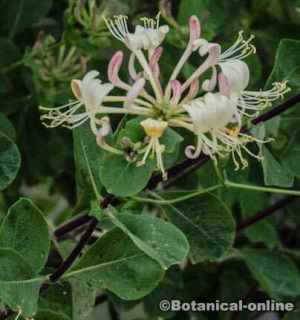
The use of flowers and leaves in appropriate doses does not present side effects, although caution is advised in some cases:
- The fruits should not be consumed for their very toxic components.
- Pregnancy and lactation: do not use honeysuckle in case of pregnancy or lactation, since the plant contains toxic principles and there are no studies that demonstrate the safety of these treatments during pregnancy or lactation.
- Diarrhea and intestinal diseases: The leaves and stems of the plant contain saponins and xylostein, irritating principles of the digestive tract. It should not be given to people with Crohn’s disease, colitis, diverticulitis, or other intestinal inflammation.
![]() More information on honeysuckle.
More information on honeysuckle.

